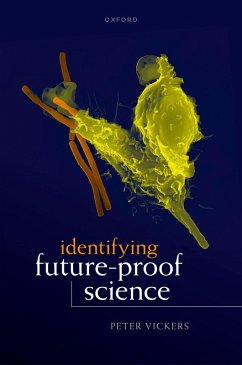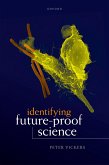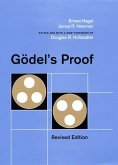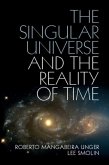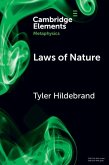Is science getting at the truth? The sceptics - those who spread doubt about science - often employ a simple argument: scientists were 'sure' in the past, and then they ended up being wrong. Through a combination of historical investigation and philosophical-sociological analysis, Identifying Future-Proof Science defends science against this potentially dangerous scepticism. Indeed, we can confidently identify many scientific claims that are future-proof: they will last forever, so long as science continues. How do we identify future-proof claims? This appears to be a new question for science scholars, and not an unimportant one. Peter Vickers argues that the best way to identify future-proof science is to avoid any attempt to analyse the relevant first-order scientific evidence, instead focusing purely on second-order evidence. Specifically, a scientific claim is future-proof when the relevant scientific community is large, international, and diverse, and at least 95% of that community would describe the claim as a 'scientific fact'. In the entire history of science, no claim meeting these criteria has ever been overturned, despite enormous opportunity.
Dieser Download kann aus rechtlichen Gründen nur mit Rechnungsadresse in A, B, BG, CY, CZ, D, DK, EW, E, FIN, F, GR, HR, H, IRL, I, LT, L, LR, M, NL, PL, P, R, S, SLO, SK ausgeliefert werden.

